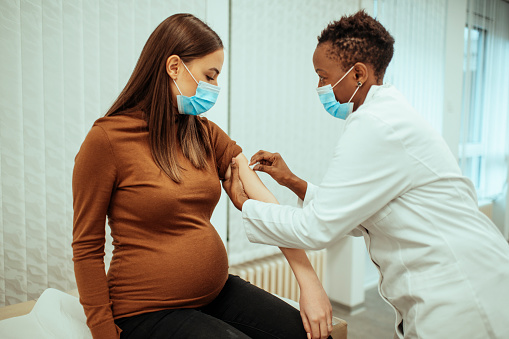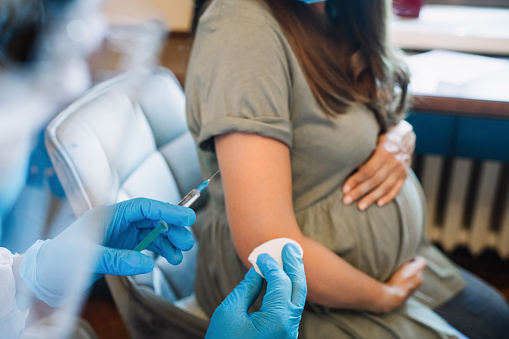How Can You Tell If Your Water Is Breaking?
The expectant mother’s water breaks in a spectacular gush in most movies. In reality, the process may not be nearly so dramatic. It may begin as a trickle and then become a full gush. Most women will have plenty of time to decide if their water breaks, but if you’re in doubt, you’ll want to talk to a healthcare provider as soon as possible.
How to know if your water breaks? Your health provider can conduct three exams to determine whether your water has broken. Other hospitals may use the Ferning test or a Nitrazine paper test. If you’re in doubt, call a doctor or midwife immediately. During these examinations, your provider will collect some fluid from your vagina and examine it under a microscope to determine the pH level and if it contains any bacteria or other harmful substances.
Your water will break if your waters begin leaking after about 12 hours
How to know if your water breaks? If it is a trickle, it means your water has broken, and the bleeding is a trickle. If you notice any discharge, you’ll need to get home to check if it’s broken. If you’re still not sure, you should contact your provider. However, if your water has broken, your health provider will test your fluid under a microscope to determine if it contains bacteria or not.
Amniotic fluid is the fluid that is discharged during labour and delivery. The amniotic sac acts as a cushion, maintaining a constant temperature around your baby. It also gives the mother and infant antibodies and nutrition. When your amniotic sac ruptures, your water will begin to break. The crack of the membranes can be in the form of a dribble or a torrent.
Call your healthcare provider right away if you suspect that your water has broken
The longer your water break, the more likely bacteria will enter your uterus, and your baby will be at risk of infection. Your health care provider will collect the fluid from your vagina and analyze it using a microscope. It’s essential to call your provider immediately. If your baby has already been born, call your Doula to ensure the baby is alive and well.

African American female doctor preparing a pregnant woman for vaccination. Pregnant woman getting a covid-19 vaccine.
The symptoms of a water break are different for every woman
How to know if your water breaks? You may have a leak or a gush, depending on your body type. If the bleeding continues, contact your healthcare provider for more information. Your doctor may want to test your fluid to rule out any infection, so it’s essential to get your provider as soon as you can. Once you’ve had your water break, your health care provider will examine it.
Even though women can usually tell when their water breaks, they may not recognize when their water has broken. If you notice that your water has broken, you should immediately wear dry underwear. In addition, line your underwear with sanitary napkins. Never use tampons. It increases the chances of infection. It’s essential to call your healthcare provider if you’re unsure whether your water has broken.
A woman should call her healthcare provider if she experiences these symptoms. She will need to see a healthcare provider if she thinks she is in labour. She should contact her healthcare provider if she feels like she has a few drops of blood. Her urine can be used to discharge her water if she has lost her water. She is most likely in labour if she has urine. She will also need to test her water to see if it is leaking.
If you’re unsure whether your water has broken, you should contact your healthcare provider immediately. The longer the water breaks, the greater the chances are that bacteria will get into your uterus and cause infection to the unborn child. In addition, if your water fails too early, you’ll need to use sanitary napkins and sanitary pads until your water has completely drained. Afterwards, you should check your baby’s heart rate to see if the baby has been conceived.

